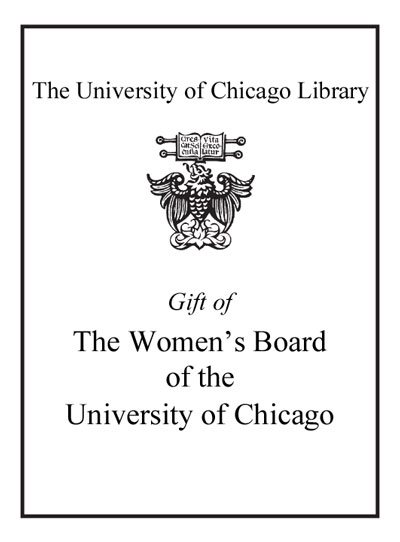Review by Publisher's Weekly Review
If the name Herod elicits the static image of a two-dimensional villain for you, read this by the late Vermes, who was a professor of Jewish studies at Oxford University and much published author (Jesus in the Jewish World). Generously illustrated with images from the time (coins, architectural fragments, mosaics, and documents) as well as maps, later paintings, sculptures, and reliefs, and based on the author's lifetime of scholarship, the text fleshes out this much maligned character from biblical history. Vermes not only gives context for Herod's negative reputation but also provides a fresh perspective for appreciating admirable accomplishments (for example, renovating the Jerusalem temple) and qualities (loyalty, savvy political instincts, fondness for the learned Jews of his time). Still, readers looking for a rehabilitated Herod will not find him here. In this chronological account of Herod's historical context, life, and successors, Vermes also includes all the juicy bits of madness, paranoia, brutality, and heartbreak. The result: a clear and winning introduction to a man both larger than life and fully human. (May) © Copyright PWxyz, LLC. All rights reserved.
Review by Library Journal Review
Vermes (Professor Emeritus, Jewish studies, Oxford Univ.; Jesus the Jew), who died in 2013, uses archeological, historical, and religious sources to present a carefully nuanced portrait of a commoner-become-king, surpassed in the Roman Empire of his time only by his friends Augustus and Agrippa. Herod (d. 4 BCE) was generously concerned for the welfare of his subjects (Jewish and otherwise) but was also ruthless against his rivals and opponents who included his family members. Vermes refers to his subject as a "genuine tragic hero" and points out his dazzling architectural achievements (e.g., rebuilding the Temple in Jerusalem), his raising the world prominence of the Jewish nation, and his very skillful diplomacy. Both Christian and rabbinic sources have denigrated Herod's memory, explains the author; none of his offspring accomplished-for great or ill-as much as he did. After his -Temple was destroyed in 70 CE, Herod faded largely from prominence except in biased and often apocryphal accounts (e.g. the Gospel of Matthew's story of his slaughter of the innocent babies shortly after the birth of Jesus). -VERDICT This lavishly illustrated text beautifully written "for all and sundry" justifies Herod's moniker, "the Great," revealing his almost larger-than-life deeds of both good and evil. For academic and lay readers.--Carolyn Craft, emerita, Longwood Univ., Farmville, VA (c) Copyright 2014. Library Journals LLC, a wholly owned subsidiary of Media Source, Inc. No redistribution permitted.
(c) Copyright Library Journals LLC, a wholly owned subsidiary of Media Source, Inc. No redistribution permitted.
Review by Publisher's Weekly Review
Review by Library Journal Review

